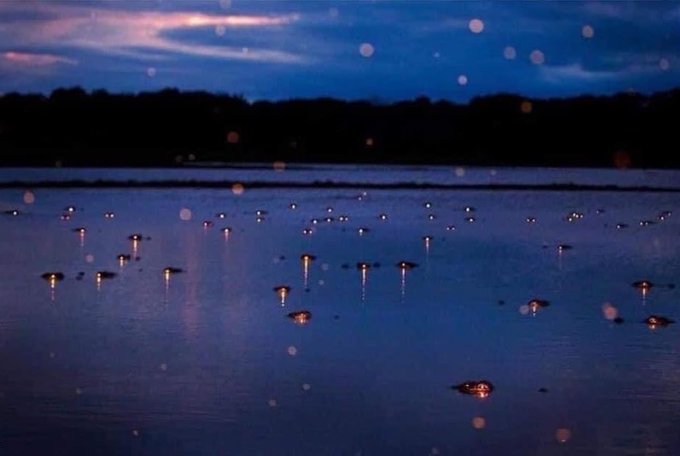Where I am (Bay Area), the water bill is about $75/month. Of that, it's about $57 service charge, and $18 consumption charge. So there's not much motivation to try to save water, because the bill is mostly not based on how much we use. Or at least it appears that way.
We've considered reusing shower water for the yard, but not even sure how to do it. Wouldn't you have to have a way to redirect the drain to a tank or something? It seems like it would require major work on the water system. If it's a bath I suppose we could manually siphon it out a window as long as the ground level is low enough! But, our backyard is mostly a survival of the fittest situation, we don't water the non-vegetables (trees, flowers) so either they are suited to the area or they all grew roots over to the neighbors. We do water some tomatoes and greens but it's once a week and I reckon basically a shower's worth. Also some greens and fava beans seem to grow all on their own with no attention at all.
I'd actually be curious to measure how many gallons each of our activities consumes. The bill claims 50 per day, which seems like a lot, but then says average for similar sized places is 250, so maybe not? I've heard dishwashers are not bad compared to hand washing, and modern washing machines also not bad. Other than that, I wonder how a 5 minute shower compares to a bath for instance. I suppose you just multiply the flow, so 2 gpm shower head = 10 gallons. Say 30 for a bath, and 1 showerist + 1 bather already accounts for most of that 50. So all we need to do to save up to $15 is stop bathing. My wife will be thrilled about this new plan.
But seriously, I've also heard that the vast majority of water usage is agricultural, or systemic. While it lets individuals off the hook for usage, it puts us on a much harder hook, which is how to change the system. As for so many things. I'm not sure what to think about water bills not really being based on usage. Either it means the system is not allocating costs accurately, or individual usage isn't that relevant. I mean, I'm sure it's both, but at what proportion?


 YMMV
YMMV